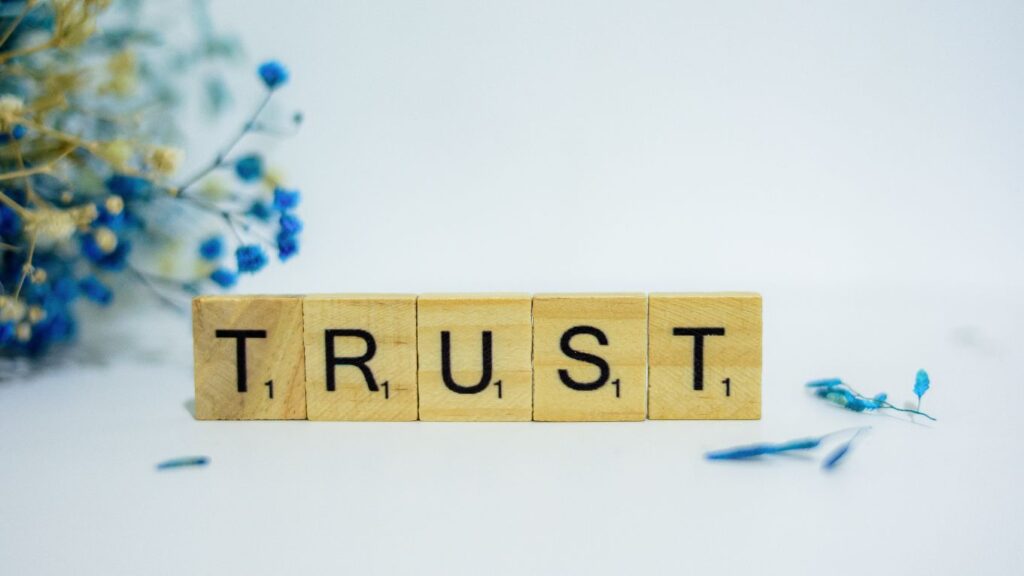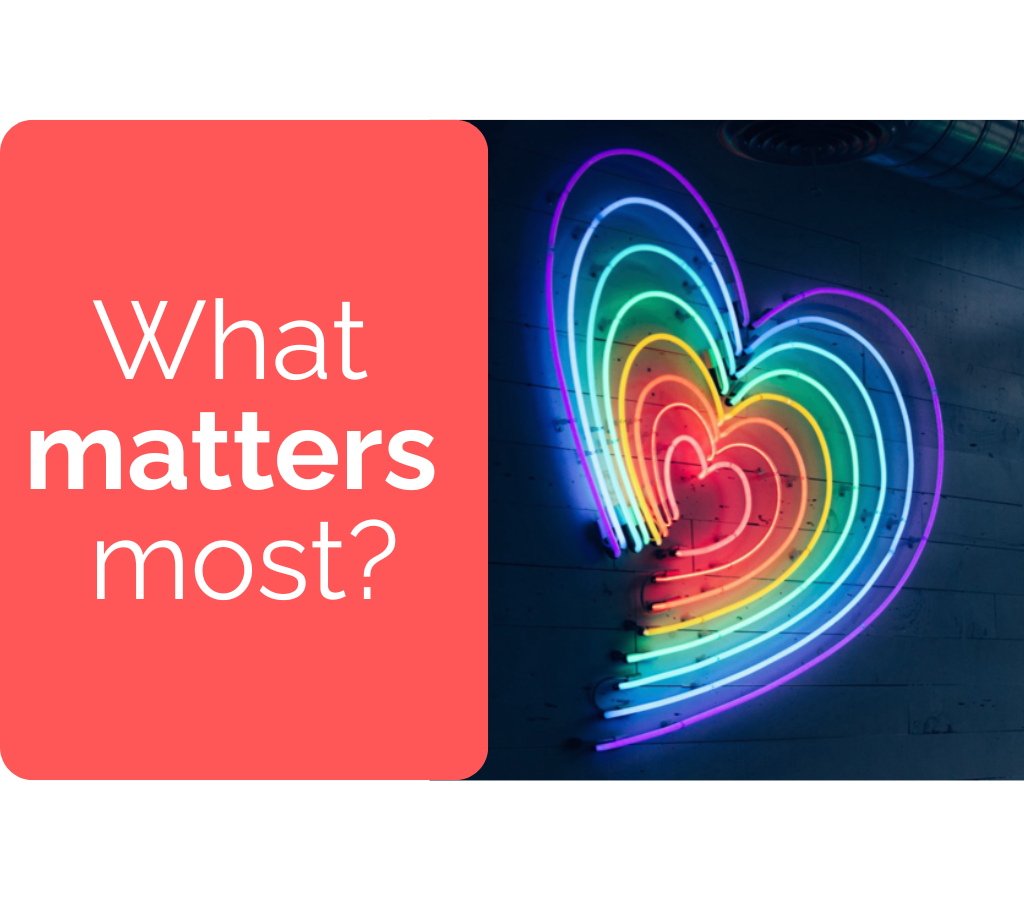One of the big myths about brands is: once lost, trust can never be rebuilt. We strongly refute this. If you have a strong brand and a desire to take restorative action, trust can often be either fully or at least partially restored. We’ve seen it, you’ve seen it, as has anyone who has ever heard of brands such as Amazon, BP, Iceland, Samsung, Tesco, Aldi, VW and Apple.
Brands, just like people, get things wrong. Most of the time these mistakes are innocent enough; small everyday errors impacting a small number of customers. They are the usual stuff of business; unfortunate and frustrating for the customer but relatively straightforward to rectify and resolve to their satisfaction. These cases of human error can actually increase brand loyalty if the brand humanizes itself and takes steps to correct the mistakes. The more transparent this process can be, the better.
When it goes really bad…
Of course, occasionally things can go very badly wrong. These are mistakes that are so large and so systemic that they have the potential to jeopardize the future existence of the brand and the business that supports it. Almost always what tends to sit behind these kinds of mistakes is bad behaviour (in all its various forms). So why is it that some brands are seemingly able to recover from a breach of trust while others never recover?

Intentional, negligent or open contempt?
To rebuild trust, first you need to understand both the nature of the breach and the actions required to address the problem. The single biggest determinant that dictates the outcome of these types of event is the nature of the breach that has occurred. Was the breach intentional or ‘merely’ negligent? Was the breach the result of a direct instruction from the top of the organization or a rogue employee? Is the breach the result of a fundamental disregard or even an open contempt for customers? It also helps if you have deep reserves of cash and a large amount of existing goodwill.
In reality, how a brand chooses to act regarding their actions, has a big impact on the eventual outcome. Even when a breach is much less serious, the same playbook applies. Technology and social media have the power to amplify any small transgression and speed, agility and imaginative problem solving become even more important. Virgin Trains did this brilliantly on a Pendolino intercity train. While using the toilet a passenger discovered there was no toilet paper in the cubicle. He tweeted his annoyance and jokingly asked for help. Virgin picked up the tweet, worked out the precise location of the passenger and arranged for fresh supplies to be delivered to his toilet door.
Look beyond crisis managers
As we have seen repeatedly, trust can often be either fully or at least partially restored, but this doesn’t mean that brands can rest on their laurels. Many of the high-profile scandals could have proved fatal if they had affected weaker brands with less robust balance sheets. Trust is hard-fought, easily lost and often costly to restore. Neither should issues of trust be left to the realms of crisis management. Managing trust is integral to the management of your brand. It is an everyday activity; the constant drip of negative sentiment has the power to fundamentally erode trust even for the most celebrated and innovative companies.
Should you ever find yourself part of a serious (but potentially survivable) breach of trust, follow these steps:
- Act quickly: business, like nature, abhors a vacuum.
- Take responsibility: offer an unequivocal and unreserved apology.
- Develop a clear plan to mitigate and resolve the issues at hand.
- Communicate the plan to all of your key constituencies.
- Deliver in a style that is recognizably consistent with your brand.
If, however, you have directly insulted your customers, shown a cynical disregard for your own business, instructed your employees to do something completely dishonest or been revealed as a complete fraud, then you may find that trust has completely deserted you. Of course, the best thing to do is to avoid such an incident in the first place. But if one does occur, the more goodwill you have built for your brand before the incident, the greater the likelihood that your customers will forgive you and give you the chance to rectify the issue.
This blog is based on the book Myths of Branding. Come check us out at the Caffeine Partnership




